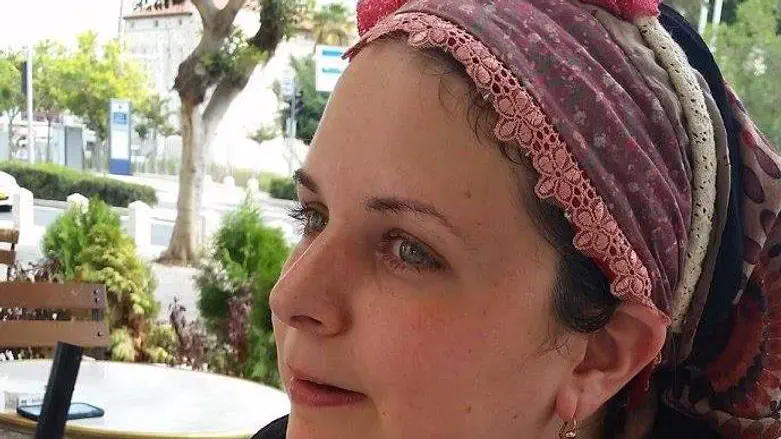
Recently, the Iranians sent a number of missiles at US military bases in Qatar. The Iranians selected not to target Azerbaijan, even though Azerbaijan is a strong ally of both Israel and the United States, much more so than Qatar, which has the reputation of going backwaard and forwards. In fact, the Iranians have selected not to target Azerbaijan, even though they have threatened Azerbaijan many times over their friendship with Israel.
The question remains, why has Azerbaijan not become a direct target in this war?
One of the main reasons Azerbaijan has remained stable during this volatile period is its independent and balanced foreign policy. While Azerbaijan is an ally of the United States, they do not host a gigantic US military base within their borders like Qatar does. Qatar was able use its money to infiltrate US campuses and build anti-Israel blocs, which belies its attempts to seem independent and balanced.
Baku, however has chosen to build partnerships with both Western and Eastern powers, while avoiding alignment with military blocs. Azerbaijan is not a member of NATO, nor is it aligned with any Iran-led military alliances. This neutrality allows the country to serve as a bridge between opposing sides.
At the same time, Azerbaijan has developed strategic yet distinct relationships with both Israel and Iran. While it maintains high-level cooperation with Israel in technology and security, it also keeps constructive ties with Iran in trade and energy transit. Despite the sharp conflict between the two states, Azerbaijan has carefully avoided taking sides or provoking either.
Azerbaijan plays a key role in Europe’s energy security. Through projects like TANAP and TAP, Azerbaijani gas is exported to European markets. This fact reduces international political and economic pressure on Baku. As a provider of alternative energy sources to Europe, Azerbaijan enhances its geopolitical relevance and seeks to stay out of military conflicts.
The outcome of the Second Karabakh War in 2020 and the anti-terror operations of 2023 significantly shifted the military and political balance in the South Caucasus. Azerbaijan restored its territorial integrity and strengthened its control over previously disputed areas. This improved military readiness and territorial control has boosted Azerbaijan’s resilience to external threats, reducing its vulnerability as a potential target.
Aside from that, Azerbaijan has cultivated a culture of peaceful coexistence among diverse ethnic and religious communities. Sunni and Shia Muslims, Jews, Christians, and other minorities live together harmoniously. The close ties between Azerbaijani Jews living in Israel and their homeland, along with the strong Israel-Azerbaijan friendship, serve as a kind of “ideological buffer zone” in this tense period. This unique multicultural identity positions Azerbaijan as a mediator, not an aggressor.
Even if Iran desired to act against Azerbaijan, several factors discourage such behavior:
-Azerbaijan’s enhanced military capacity and international defense partnerships;
-The presence of 40 million ethnic Azerbaijanis within Iran’s borders;
-The risk that any attack on Azerbaijan could trigger a response from Turkey, a key regional power
-Azerbaijan’s influence in international platforms such as the UN, EU, and the Organization of Turkic States.These deterrents make open aggression against Azerbaijan by Iran highly unlikely at this stage.
Today, Azerbaijan contributes to regional stability by remaining neutral and avoiding conflict. Through diplomatic flexibility, strategic alliances, and internal cohesion, Baku has so far kept itself away from direct confrontation. While geopolitical risks persist, Azerbaijan is capable of navigating them through professional diplomacy and firm national interests.
Rachel Avrahamis the CEO of the Dona Gracia Center for Diplomacy and an Israel-based journalist. She is the author of "Women and Jihad: Debating Palestinian Female Suicide Bombings in the American, Israeli and Arab Media."